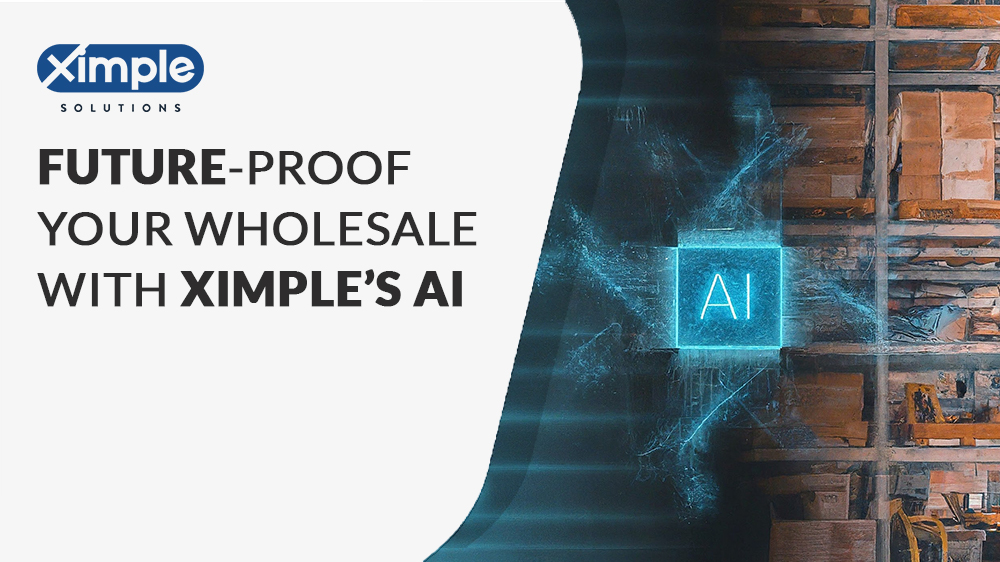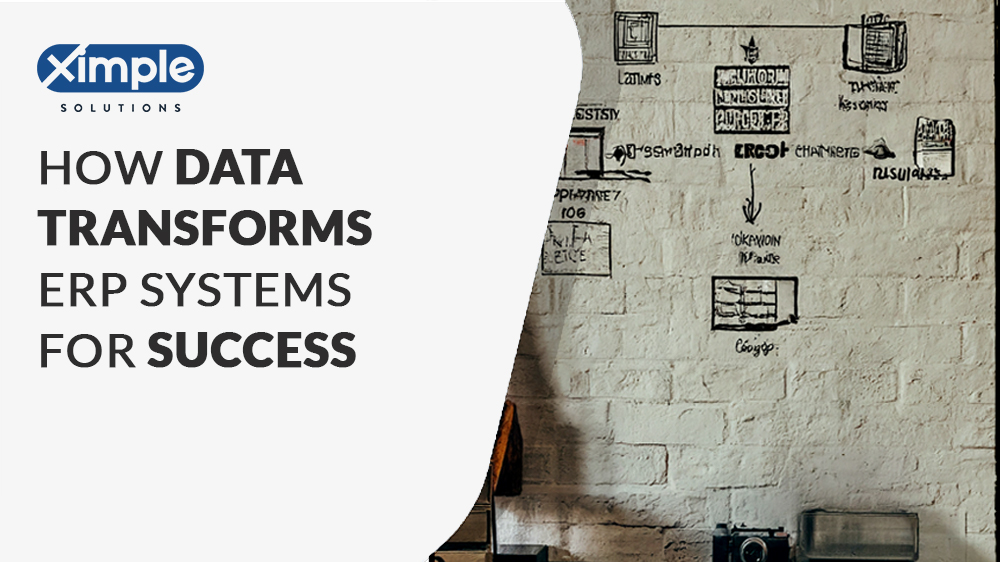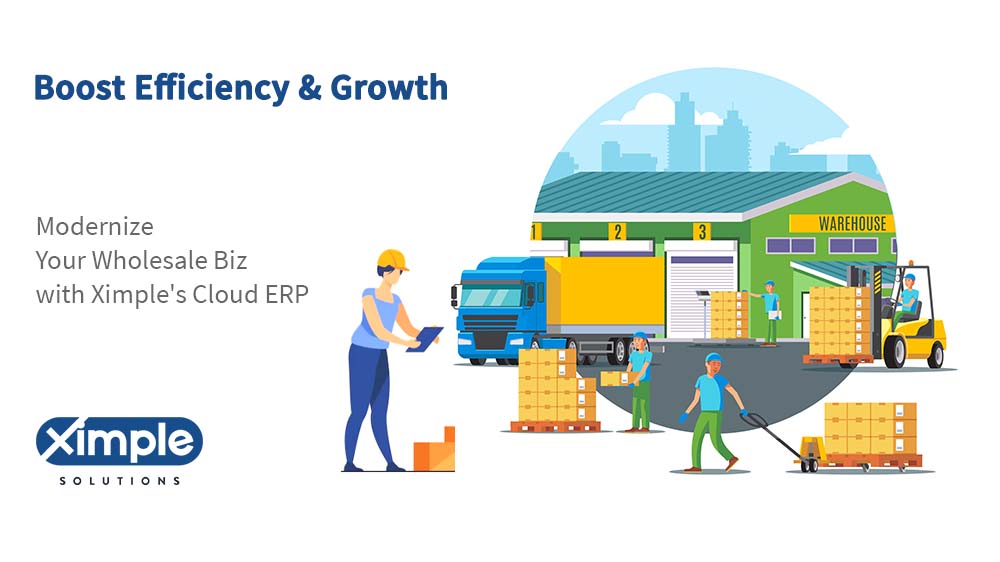
Understanding AI and Its Impact on Wholesale Distribution: A Ximple Case Study
Introduction Earlier this year, I had the privilege of meeting the CEO of a $2.5 billion wholesale distribution company. This company has experienced consistent double-digit growth for many decades. The CEO aims to double the company’s size to $5 billion within five years. He emphasized his open-minded approach to technology when I asked about the […]
Read More

The Critical Role of Data in ERP Systems
In the evolving world of business technology, Enterprise Resource Planning (ERP) systems have become essential tools for organizations seeking to streamline their operations and enhance efficiency. Central to the effectiveness of ERP systems is data. Accurate, timely, and comprehensive data forms the backbone of any successful ERP implementation. This blog will explore the critical role […]
Read More

How Ximple ERP Solutions Address Challenges and Drive Growth in Wholesale Distribution?
In the rapidly changing world of wholesale distribution, staying competitive necessitates embracing the latest technological advancements. However, many wholesale distributors continue to rely on traditional ERP systems, despite the availability of superior alternatives. It’s only a matter of time before these distributors are outpaced by competitors leveraging modern technologies. Traditional ERP systems present several challenges: […]
Read More






